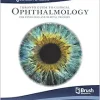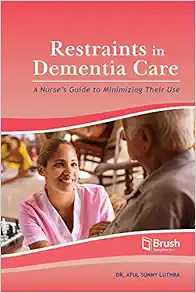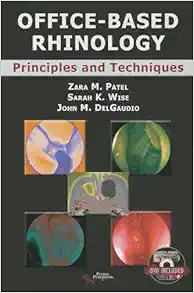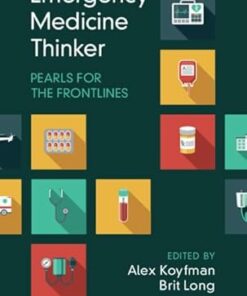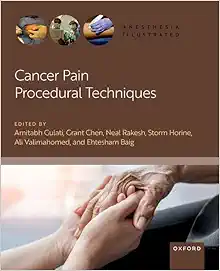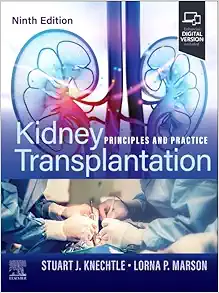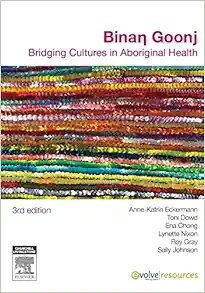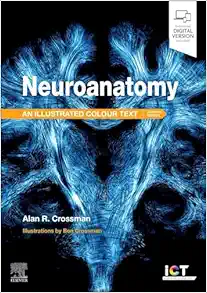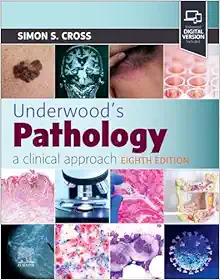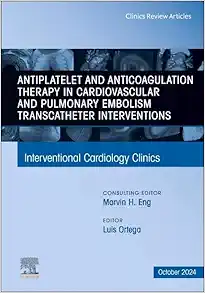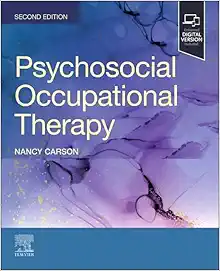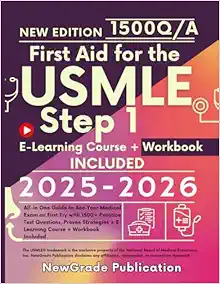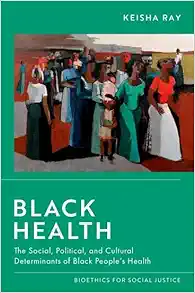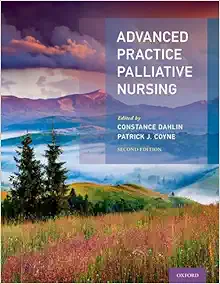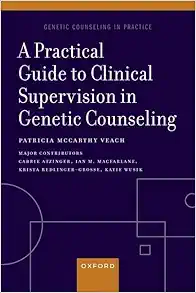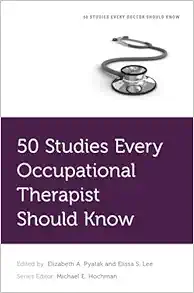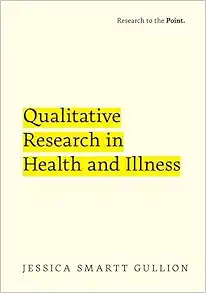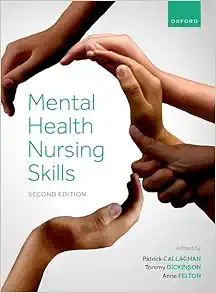Restraints in Dementia Care: A Nurse’s Guide to Minimizing Their Use (ePub Book)
5 $
Delivery time: Maximum to 1 hours
Format : EPUB
File Size : 660
This guide provides frontline nurses with an algorithm to support decision-making about restraint use in dementia care. It includes a review of nurses’ perspectives on restraint use, alternatives to restraints, procedures for informed consent, and a reference on appropriate and inappropriate restraint use in clinical situations. The eBook is 96 pages long and was published by Brush Education in July 2019. ISBN-10: 155059799X, ISBN-13: 978-1550597998.
Restraints in Dementia Care: A Nurse’s Guide to Minimizing Their Use (ePub Book)
By Atul Sunny Luthra, Yarima Gonzalez, Heather Millman
The Complex Landscape of Restraint Use in Dementia Care
Every day, frontline nurses in dementia care stand at the crossroads of ethical and practical decisions. The choice to use restraints or explore alternative measures hinges on numerous intricate considerations. These include the ever-evolving health care regulations, facility policies, family members’ expectations, and above all, the pressing concerns about the safety, dignity, and well-being of patients and caregivers.
Understanding the Need for Guided Decision-Making
For nurses on the frontline, making informed decisions about restraint use is paramount. However, with such a plethora of factors at play, they need a structured system that offers clarity and support.
Introducing a Groundbreaking Algorithm for Restraint Decisions
Dr. Atul Sunny Luthra, alongside his dedicated team of researchers, has devised a game-changing algorithm tailored to assist nurses. Drawing from comprehensive focus group discussions with staff on the frontline, an exhaustive review of existing literature on restraint utilization, and a concise breakdown of pertinent regulations, this algorithm serves as a beacon. Its primary objective? To ensure restraints are only considered when all other alternatives are exhausted, and even then, are applied under the right conditions.
Highlights of the Guide: A Snapshot
1. Delving into the Mindset of Nurses:
This guide sheds light on nurses’ viewpoints, experiences, and feelings towards the use of restraints, offering readers an inside look into the challenges faced by these healthcare professionals.
2. Exploring Alternatives to Restraints:
Before turning to restraints, there are multiple alternative strategies in patient management. This section equips nurses with tools and techniques to assess clinical indicators that might negate the need for restraints.
3. Navigating the Terrain of Informed Consent:
When restraints become a necessity, informed consent is crucial. This guide outlines the procedures ensuring that all stakeholders understand and approve of the decision to use restraints.
4. A Comprehensive Reference for Restraint Use:
In everyday clinical scenarios, understanding the nuances of what constitutes appropriate vs. inappropriate restraint use can be a challenge. This section serves as a touchstone for healthcare providers, demystifying the complexities of this sensitive issue.
In conclusion, as dementia care continues to evolve, the tools and strategies to optimize patient care must keep pace. This guide stands as a testament to the efforts made by professionals like Dr. Atul Sunny Luthra and his team to empower frontline nurses and uphold the highest standards of care.
Product Details
- Publisher : Brush Education; 1st edition (July 17, 2019)
- Language : English
- eBook Digital : 96 pages
- ISBN-10 : 155059799X
- ISBN-13 : 978-1550597998
Related Products
Medical Book
Cancer Pain Procedural Techniques (Anesthesia Illustrated) (Original PDF from Publisher)
Medical Book
Psychology Australian and New Zealand Edition, 4th Edition (Original PDF from Publisher)
Medical Book
The Giants of Rheumatology, An Issue of Rheumatic Disease Clinics of North America (True PDF )
Medical Book
Psoriasis: Contemporary and Future Therapies, An Issue of Dermatologic Clinics (True PDF )


 Mosby’s Textbook for Nursing Assistants, 11th Edition (True PDF )
Mosby’s Textbook for Nursing Assistants, 11th Edition (True PDF ) 